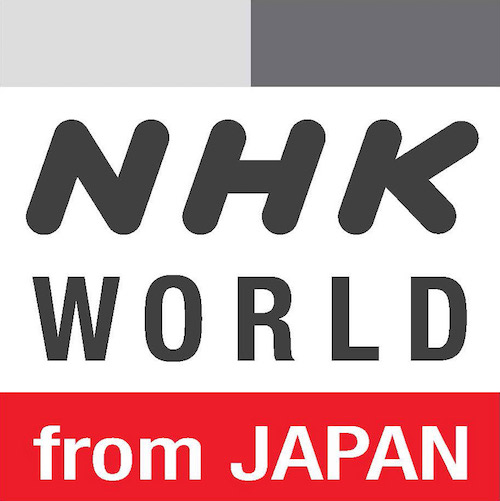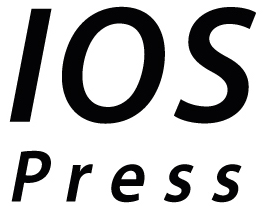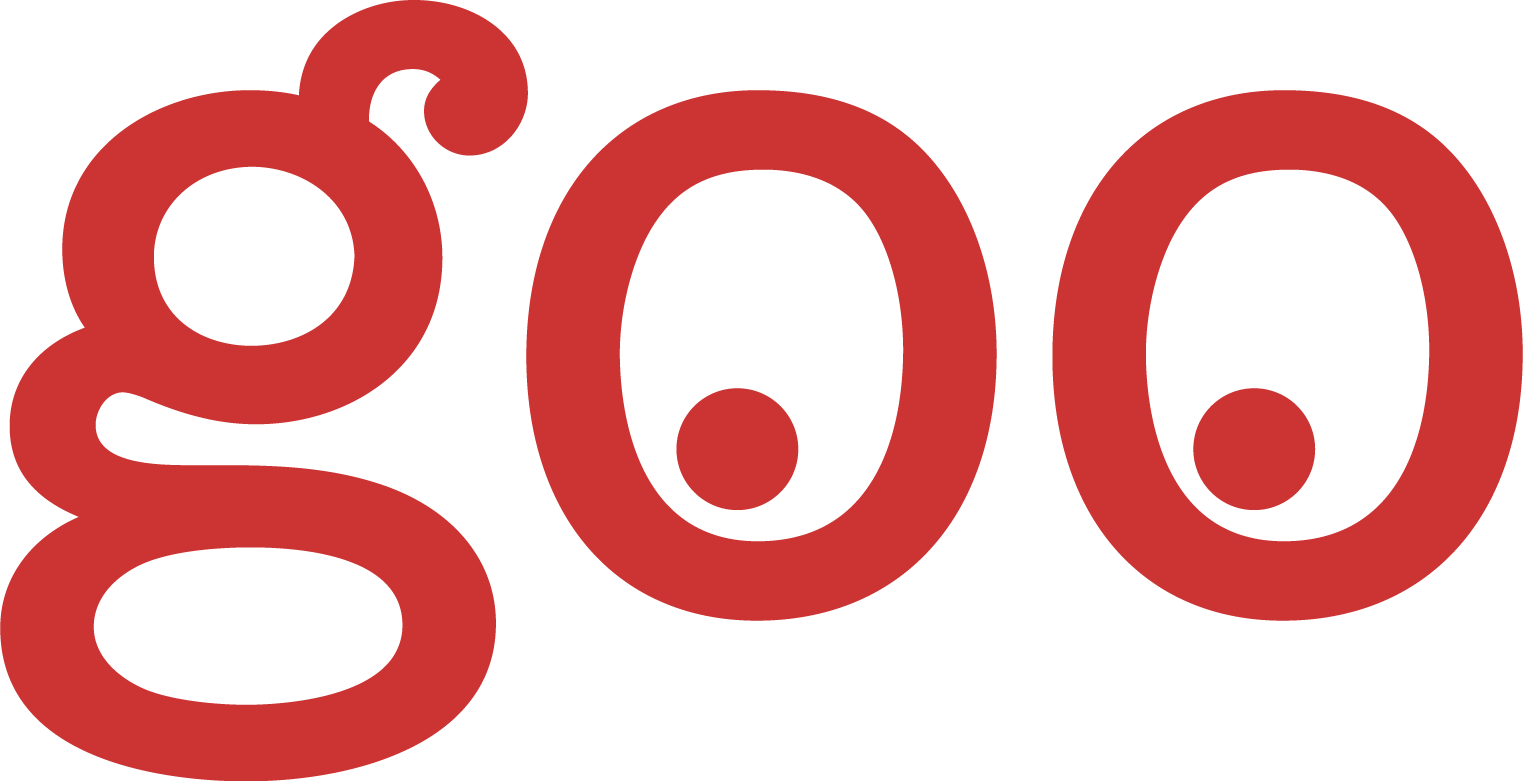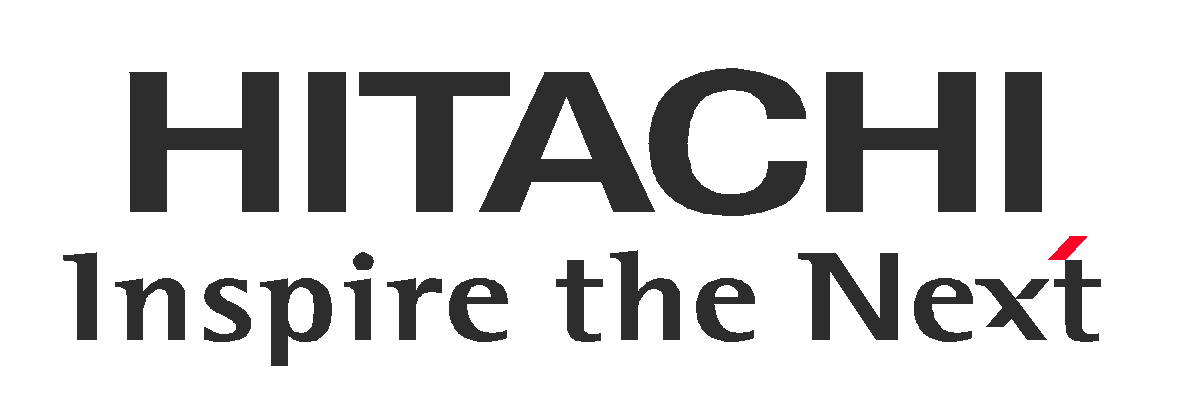Call for Resources Track Papers
Resources such as datasets, ontologies, workflows, software tools or evaluation benchmarks are important outputs of any scientific work. Sharing these resources with the research community does not only ensure the reproducibility of one’s results, but also has the benefit of supporting other researchers in their own work. Although high quality shared resources have a key role and an essential impact on the advancement of a research community, the academic acknowledgement for sharing such resources is low. Therefore, many researchers primarily focus on publishing scientific papers and lack the motivation to share their resources. An additional challenge is that resources are often shared without following best practices, for example, at non-permanent URLs that become unavailable within a few months. A recent large-scale study identified that 20% of papers providing resources via URLs suffer from URL rot
(http://journals.plos.org/plosone/article?id=10.1371/journal.pone.0115253).
The ISWC 2016 Resources Track aims to encourage resource sharing following best practice within the Semantic Web community by calling for submissions of resources and their accompanying papers. This track calls for contributions that provide a concise and clear description of a resource and its (expected) usage. Typical resource types are: ontologies, vocabularies, datasets, benchmarks and replication studies, services and software. Besides these established types of resources, we also welcome the submission of new types of resources such as ontology design patterns, crowdsourcing task designs, workflows, methodologies, protocols and measures, and so forth.
Delineation from other tracks
Authors are encouraged to carefully check the calls of the other two main tracks of the conference for finding the optimal track for their paper. If the paper focuses on the validation of a research hypothesis or answering a research question, then it should be submitted to the Research Track. Typical submission types for the Applications track (1) discuss applications/software created to solve a concrete scenario and their evaluation or (2) investigate how a third-party software tool can be applied in a concrete setting and share best practices. Research publishable in the Research and Applications tracks often results in resources that are suitable for publishing in the Resource track so that they are made available for reuse by others. Examples are: a reusable research prototype that supports the validation of a research hypothesis; a dataset produced by a novel algorithm; an ontology created for an application; software tools that are usable outside of a specific application use case. These resources and the papers describing them are good candidates for the Resources Track.
Review Criteria
We note that the program committee considers the resource as well as the paper in its review process. Therefore, authors must ensure unfettered access to the resource during the review process, ideally by the resource being cited at a permanent location specific for the resource. For example, data available in a repository such as
FigShare,
Zenodo,
or a domain specific repository; software code being available in public code repository such as
GitHub or
BitBucket.
In exceptional cases when it is not possible to make the resource public, authors must provide anonymous access to the resource for the reviewers.
Resources will be evaluated along the following generic review criteria. Additionally, detailed and resource specific criteria are described in [1]. These criteria should be carefully considered both by authors and reviewers.
Value:
- Does the resource break new ground?
- Does the resource plug an important gap?
- Does the resource provide additional value with respect to similar earlier efforts?
- Is the resource of interest to the Semantic Web community?
- Is the resource of interest to society in general?
- Will the resource have an impact, especially in supporting the adoption of Semantic Web technologies?
Reusability:
- Is there evidence of usage by a wider community beyond the resource creators or their project? Alternatively, what is the resource’s potential of being (re)used, for example, based on the activity volume on discussion forums, mailing list, issue tracker, support portal, etc?
- Is the resource easy to (re)use? For example, does it have good quality documentation? Are there tutorials availability? etc
- Is the resource general enough to be applied in a wider set of scenarios, not just for the originally designed use?
- Is there potential for extensibility to meet future requirements (e.g., upper level ontologies, plugins in protege)?
Design & Technical quality:
- Does the design of the resource follow resource specific best practices?
- Did the authors perform an appropriate re-use or extension of suitable high-quality resources? For example, in the case of ontologies authors might extend upper ontologies and/or reuse ontology design patterns.
- Is the resource suitable to solve the task at hand?
- Does the resource provide an appropriate description (both human and machine readable), thus encouraging the adoption of FAIR principles? Is there a schema diagram? For datasets, is the description available in terms of VoID/DCAT/DublinCore?
Availability:
- Mandatory: Is the resource published at a persistent URI (PURL, DOI, w3id)?
- Mandatory: Is there a citation associated with the resource?
- Mandatory: Does the resource provide a licence specification? (See creativecommons.org, opensource.org for more information)
- Is the resource publicly available? For example as API, Linked Open Data, Download, Open Code Repository.
- Is the resource publicly findable? Is it registered in (community) registries (e.g. Linked Open Vocabularies, BioPortal, or DataHub)? Is it registered in generic repositories such as FigShare, Zenodo, or GitHub?
- Is there a sustainability plan specified for the resource? Is there a plan for the maintenance of the resource?
Submission Details
-
Pre-submission of abstracts is a strict requirement. All papers and abstracts have to be submitted electronically via the EasyChair conference submission system
https://easychair.org/conferences/?conf=iswc2016resources - All research submissions must be in English, and no longer than 8 pages for resource descriptions and up to 16 pages for empirical studies, which are expected to include evaluations and therefore be more lengthy. Papers that exceed this limit will be rejected without review.
- All resources should be cited in the References section of the paper, with a citation such as [1].
- Submissions must be either in PDF or in HTML, formatted in the style of the Springer Publications format for Lecture Notes in Computer Science (LNCS). For details on the LNCS style, see Springer's Author Instructions. For details on the HTML format, see the HTML submission guide.
- ISWC 2016 submissions are not anonymous.
- We encourage embedding metadata in the PDF/HTML to provide a machine readable link from the paper to the resource.
- Authors will have the opportunity to submit a rebuttal to the reviews to clarify questions posed by program committee members.
- Authors of accepted papers will be required to provide semantic annotations for the abstract of their submission, which will be made available on the conference web site. Details will be provided at the time of acceptance.
- Accepted papers will be distributed to conference attendees and also published by Springer in the printed conference proceedings, as part of the Lecture Notes in Computer Science series.
- At least one author of each accepted paper must register for the conference and present the paper there. As in previous years, student-authors of accepted papers will be able to apply for travel support to attend the conference.
As in previous years, student-authors of accepted papers will be able to apply for travel support to attend the conference.
Prior Publication and Multiple Submissions
ISWC 2016 will not accept research papers that, at the time of submission, are under review for or have already been published in or accepted for publication in a journal, another conference, or another ISWC track. The conference organizers may share information on submissions with other venues to ensure that this rule is not violated.
Important Dates
| Abstracts submission: | April 20th, 2016 |
| Full paper submission: | April 30th, 2016 |
| Author rebuttals: | June 12th - 15th, 2016 |
| Notifications: | June 30th, 2016 |
| Metadata: | July 8th, 2016 |
| Camera-ready versions: | July 18th, 2016 |
Program Chairs
-
Alasdair Gray
Heriot-Watt University, United Kingdom
(a.j.g.gray.5622@hw.ac.uk ) -
Marta Sabou
Vienna University of Technology, Austria
(martasabou.895@gmail.com )
Program Committee
The list of program committee members will be announced here.
References
[1] Gray, Alasdair; Sabou, Marta (2015): ISWC2016 Resources Track Review Instructions. figshare. https://dx.doi.org/10.6084/m9.figshare.2016852.
Sponsors
Platinum Sponsors
Gold Sponsors
Silver Sponsors
Student Travel Award Sponsor
Organizers
Submenu |
|---|
Calls |
|
Call for Research Track Papers |
|
Call for Resources Track Papers |
|
Call for Applications Track Papers |
|
Call for Tutorial Proposals |
|
Call for Workshop Proposals |
|
Call for Posters and Demos |
|
Call for Doctoral Consortium Papers |
|
Call for Lightning Talks |
|
HTML Submission Guide |
|
Student Grants |
Sponsors
Platinum Sponsors
Gold Sponsors
Silver Sponsors
Student Travel Award Sponsor
Become a SponsorOrganizers
Tweets by @ISWC2016



















